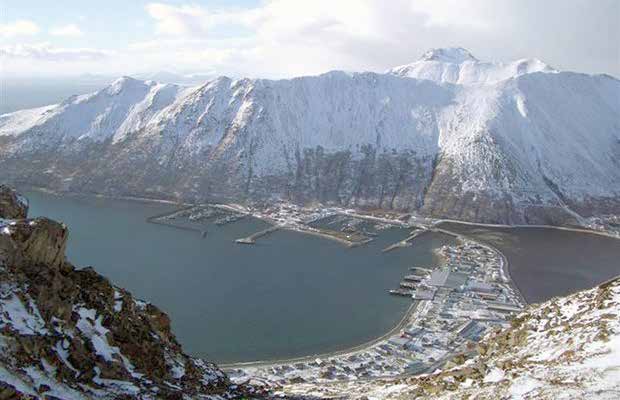The human consequences that could have been avoided
By Thomas Mack
I’m outraged that Interior Secretary Sally Jewell and the Obama administration put a stop to the land exchange between the City of King Cove and the U.S. Fish and Wildlife Service. The exchange, which would have permitted a one-lane dirt road to be cleared between King Cove and Cold Bay through the Izembek National Wildlife Refuge, was to be used solely for emergency transport when weather impeded air travel.
I don’t have to review all details of this issue as it’s been in the news for years now. There have been a multitude of articles in newspapers and on TV, op-eds by our elected representatives, both here in Alaska and in Washington, D.C. There have been public meetings that were standing-room-only gatherings in Anchorage and King Cove. There have been videos, impassioned letters and so on.
Thousands of people have weighed in on King Cove – many more who were in favor of the 11-mile dirt corridor than opposed to it. The road would have given King Cove residents a way to get to Cold Bay when the weather was bad (which it is a lot of the time).
I was born and raised in King Cove and 12 people – my neighbors and friends – died because they could not get out by air or sea. Some luckier people were able to make the treacherous trip by boat, which on a perfect day can take less than an hour. But when seas are 15 feet high and winds howl up to 80 miles per hour, it becomes a 4-hour trip from hell. These are tragic human consequences that could have been avoided.
What a good deal this land exchange could have been for everyone. Over 56,000 acres of state and Alaska Native land was to be given to the Izembek National Wildlife Refuge in exchange for 206 acres needed for the road which would have been no wider than 12 feet. But Secretary Jewell cited it would disturb the eelgrass and might impact migratory waterfowl.
“After careful consideration, I support the U.S. Fish and Wildlife Service’s conclusion that building a road through the Refuge would cause irreversible damage not only to the Refuge itself, but to the wildlife that depend of it,” she said.
Careful consideration? Secretary Jewell visited King Cove for just a few hours, not nearly long enough to fully understand our land or our request to clear an infinitesimal part of the 315,000 acres of refuge land.

Above is a view of King Cove. The nearby mountains and narrow channel create notoriously bad weather at the community’s small airport. Nearby Cold Bay has one of the largest all-weather airstrips in the state.
Aleuts have been living in this region for 4,000 years. We care about our home. We keep our lands and oceans clean. Why do you think we have thousands of waterfowl, acres of eelgrass, and millions of salmon that return to spawn every year? It is because we have an innate understanding of the land and sea that we have called home for generations. According to the U.S. Fish and Wildlife Service, the Refuge is so healthy that the caribou herd of over 5,500 animals can support both resident and non-resident hunting seasons.

Above is the Izembek Refuge.
Interestingly, there are already miles of roads in the refuge that stem back from World War II when the population of the area reached 20,000. Miraculously, the eelgrass and waterfowl survived and thrived to this very day.
The debate is not over yet. Senators Murkowski and Begich, Representative Young, and Governor Parnell have all vowed to take up the charge again. Now that Congress is back in session, I expect that you’ll be reading more stories about King Cove and the Izembek Land exchange.
 |
Thomas Mack was born and raised in King Cove and is the President the Aleut Corporation, one of 12 Alaska Regional Native Corporations. He is a member of the RDC Board of Directors. |
Return to newsletter headlines